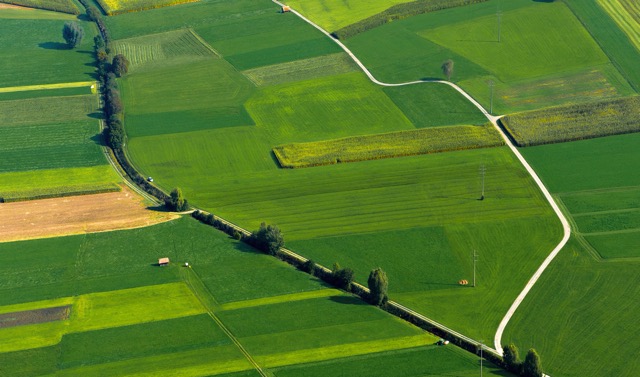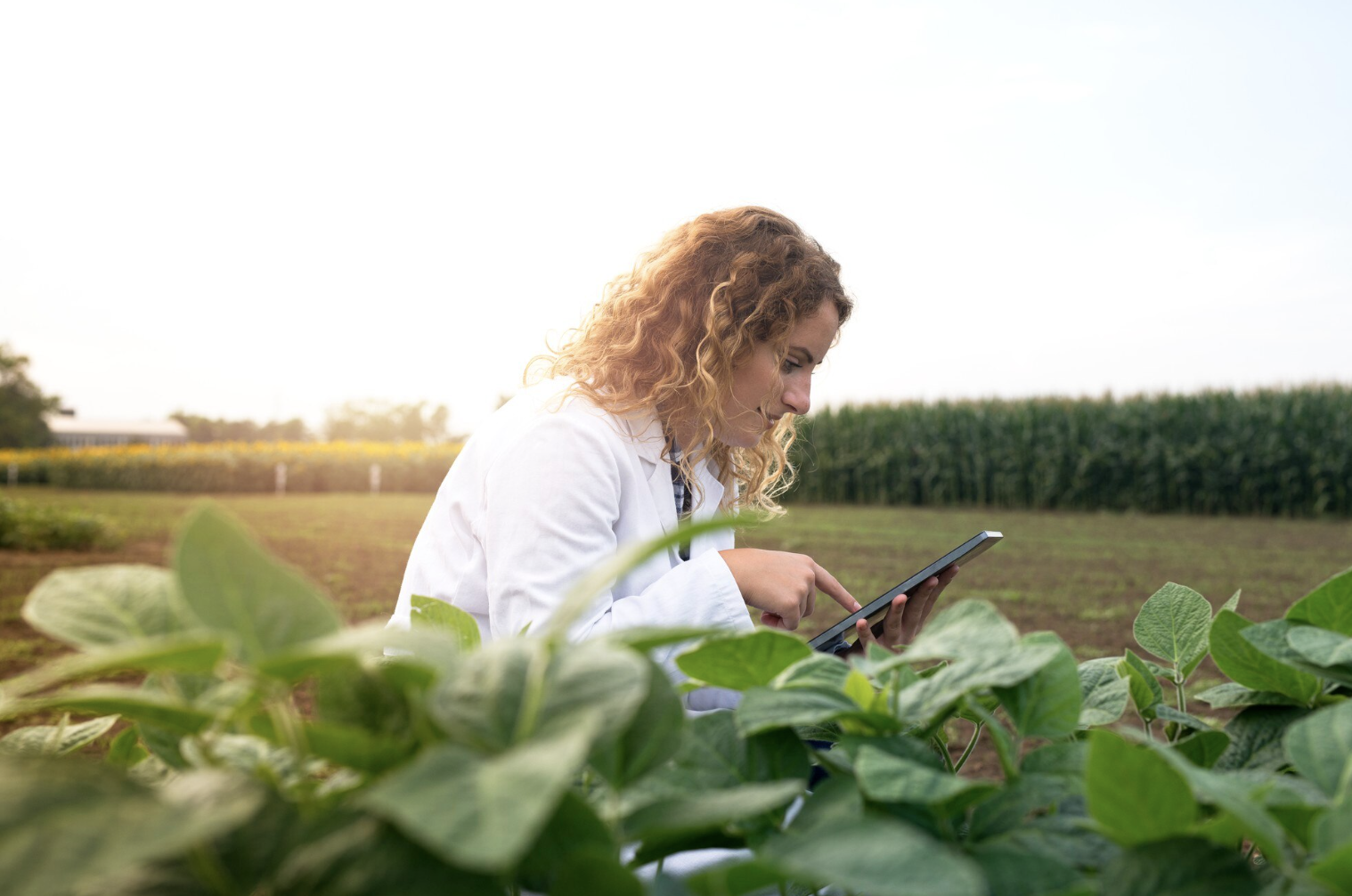FAQ: What a Magoya Squad Looks Like Inside Your Team
Subscribe to get insights and updates.
Agriculture and technology news combined.Whether we’re testing and delivering a full project end-to-end or embedding senior talent within your squads, our teams integrate seamlessly, work transparently, and deliver meaningful outcomes fast. Here’s what that looks like in practice.
1. How quickly can you get started?
Speed matters in agriculture, so we work fast. For individual roles in a team extension or augmentation model, onboarding often happens in 7–14 days. For full project teams, setup & discovery usually takes 4-5 weeks, allowing time for onboarding, research, planning, scoping and assembling the right mix of skills. In both cases, the goal is to start delivering value as quickly as possible without skipping the context we need to succeed.
2. How do we decide what to work on?
We believe the most expensive mistake in product development is building the wrong thing quickly.
That’s why we co-create a plan before development begins — through workshops, user research, and technical feasibility checks — so everyone is clear on what to build, why it matters, and in what order. In project-based work, this becomes a defined scope and phased delivery plan. In ongoing team extension work, prioritization happens continuously alongside your own roadmap.
3. Who’s actually on my team?
A Magoya squad isn’t a random collection of available developers. We hand-pick senior UX, product, engineering, business and agricultural specialists — each with more than three to five years’ experience and selected for product & technical alignment, domain expertise, and cultural fit.
In a project engagement, you’ll get a dedicated, autonomous build team. In a team extension or augmentation setup, those roles integrate directly into your squads, joining your stand-ups, sprint planning sessions, and retrospectives like any other teammate.
4. How do you handle onboarding?
Onboarding is about connection — to your goals, your vision, your culture, your product & tech stack, and your way of working.
We integrate into your tools, time zones, and processes from day one. When relevant, we provide AgTech-specific training to ensure our team is productive in real-world agricultural contexts quickly. The onboarding flow is light and fast for embedded roles; for project teams, it’s paired with deeper discovery and alignment work.
5. Do you use templates or custom work?
Every solution is custom built for purpose. We build it, you own it.
We leverage proven patterns, reusable components, and code accelerators when they speed delivery — but never at the expense of fit. Your workflows, data structures, and user interfaces are designed around your specific context, not a generic template, whether you’re engaging us for a targeted product build or adding long-term capacity.
6. How will we work day-to-day?
Our squads embed directly into your collaboration rhythms.
That means shared Slack or Teams channels, joint dashboards, monthly reports and transparent boards where you can see progress in real time. Expect regular touchpoints, from daily stand-ups to sprint reviews. In project-based work, stand-ups are mostly internal to the squad, with regular demos for your stakeholders. In an embedded role, we work inside your sprint rituals from day one.
7. What happens if priorities change mid-project?
Agriculture is seasonal and market conditions shift — so adaptability is essential.
For project teams, we adjust scope through a structured change process that protects delivery timelines and quality. For embedded roles, we can pivot sprint-to-sprint in step with your evolving roadmap, without losing momentum.
7. How do you ensure quality?
At Magoya, quality is a result of clarity, collaboration, and continuous improvement—built into every step of the Magoya Method.
- Listen First, Align Early → We ground delivery in shared understanding, so quality starts with solving the right problem.
- Agile Delivery Cycles → In 2-week sprints, we validate early and refine continuously, balancing speed with resilience.
- Hand-Built Teams → Senior experts in product, tech, and agronomy are custom-assembled for every engagement, ensuring fit and accountability.
- Transparent Collaboration → Working in your tools and time zones, we make progress visible and decisions shared.
- Evolve with Insight → Adoption metrics and field feedback fuel each new cycle, keeping solutions relevant and effective.
The result: products that are not only built to spec, but built to last—delivering impact from day one and improving over time.
8. What happens after launch?
For us, launch is just the beginning. With the Magoya Method, every release becomes the foundation for what comes next.
We deliver production-grade solutions with clear documentation, training, and a path for scaling or evolving the product. We stay aligned with your team—whether we’re fully embedded or leading the project—so momentum never drops.
And we don’t stop at delivery. We track adoption, measure impact, and uncover new opportunities to make each cycle stronger than the last.
That’s where our hybrid model comes to life: consultancy that delivers. We help you launch with confidence today—and keep building for tomorrow.
The takeaway
Whether you partner with Magoya to drive an initiative from idea to launch, or to expand your team’s capacity, you can expect the same experience every time:
- You gain senior, multi-disciplinary talent with deep AgTech fluency.
- We embed in your team’s tools, time zones, and culture.
- You get transparent, predictable delivery — with adaptability built in.
The result is a team that works like yours, thinks like product people, and delivers like owners.

.png)



